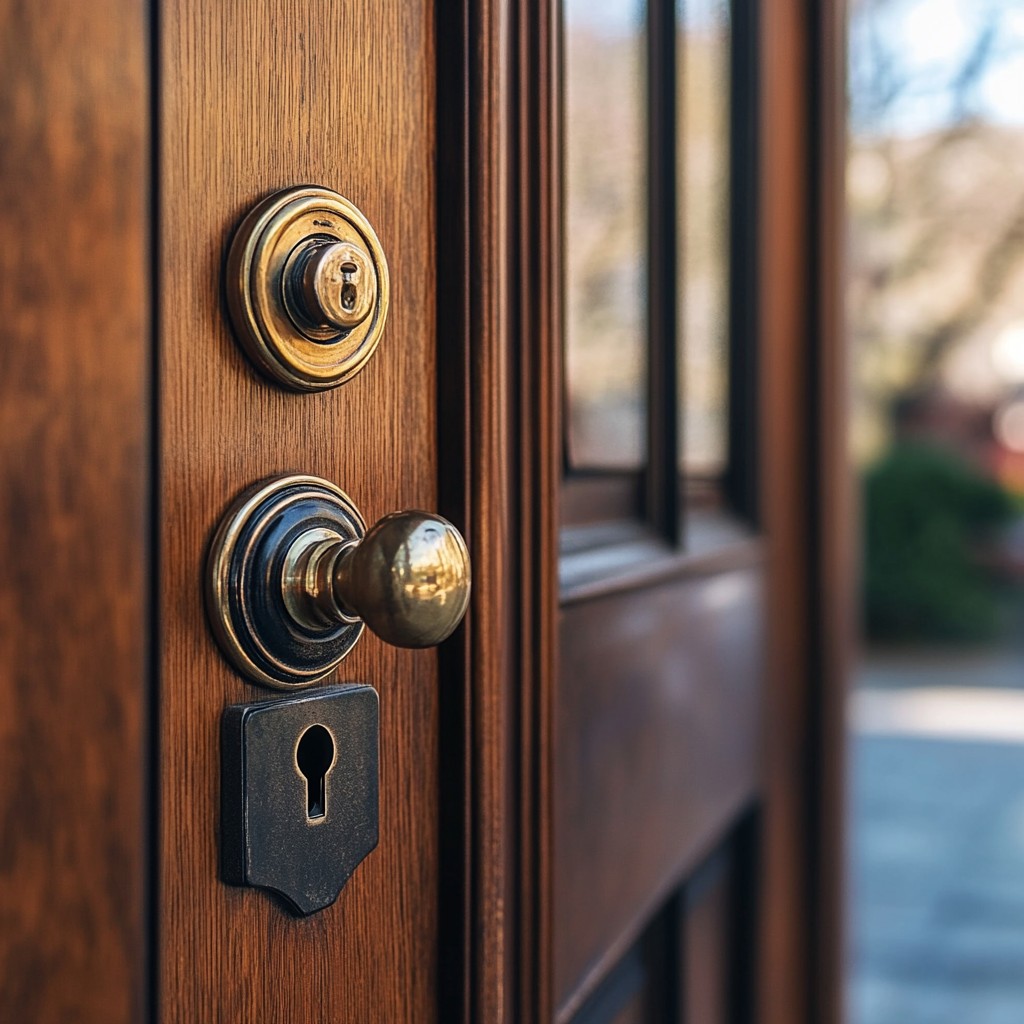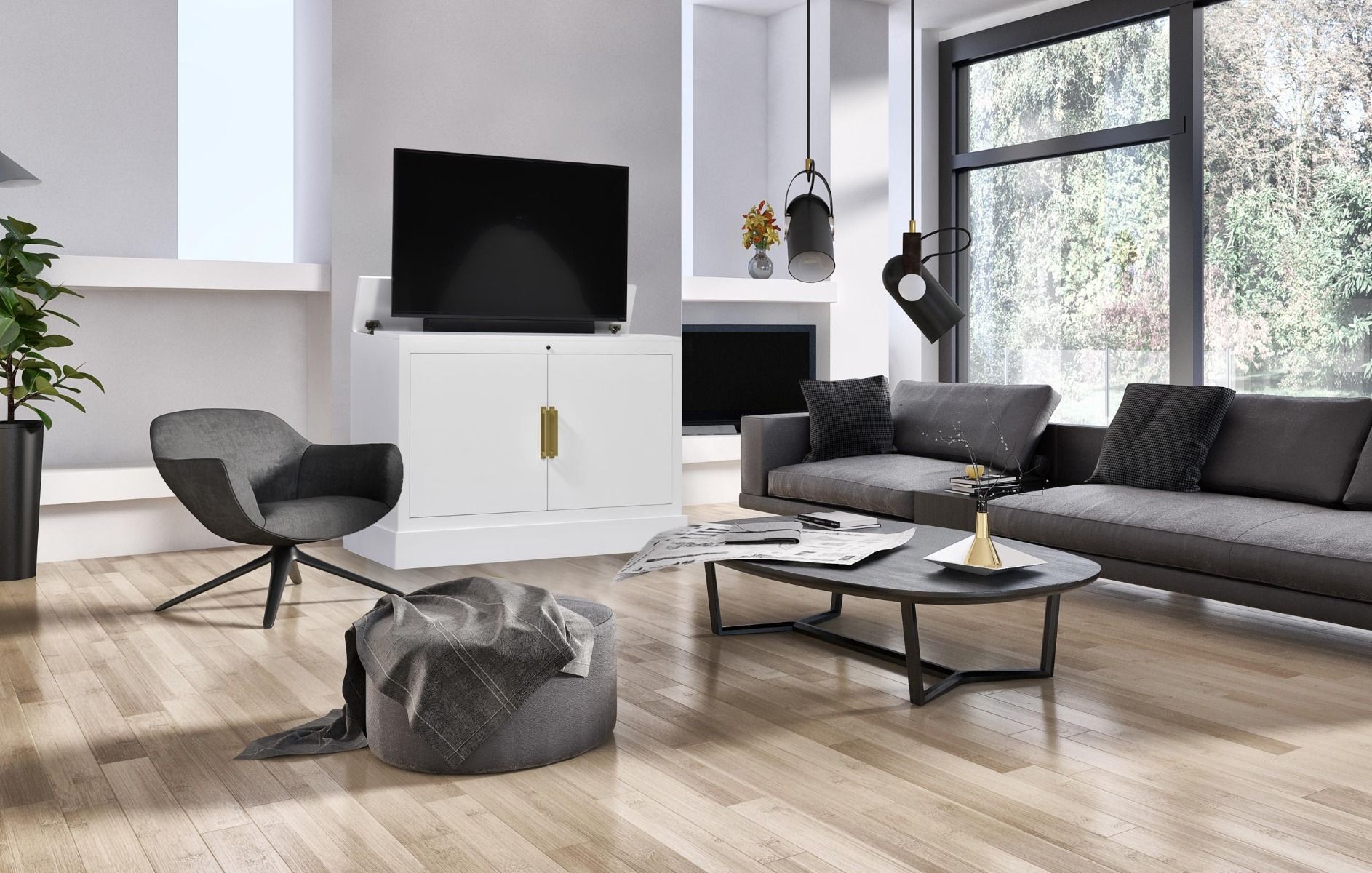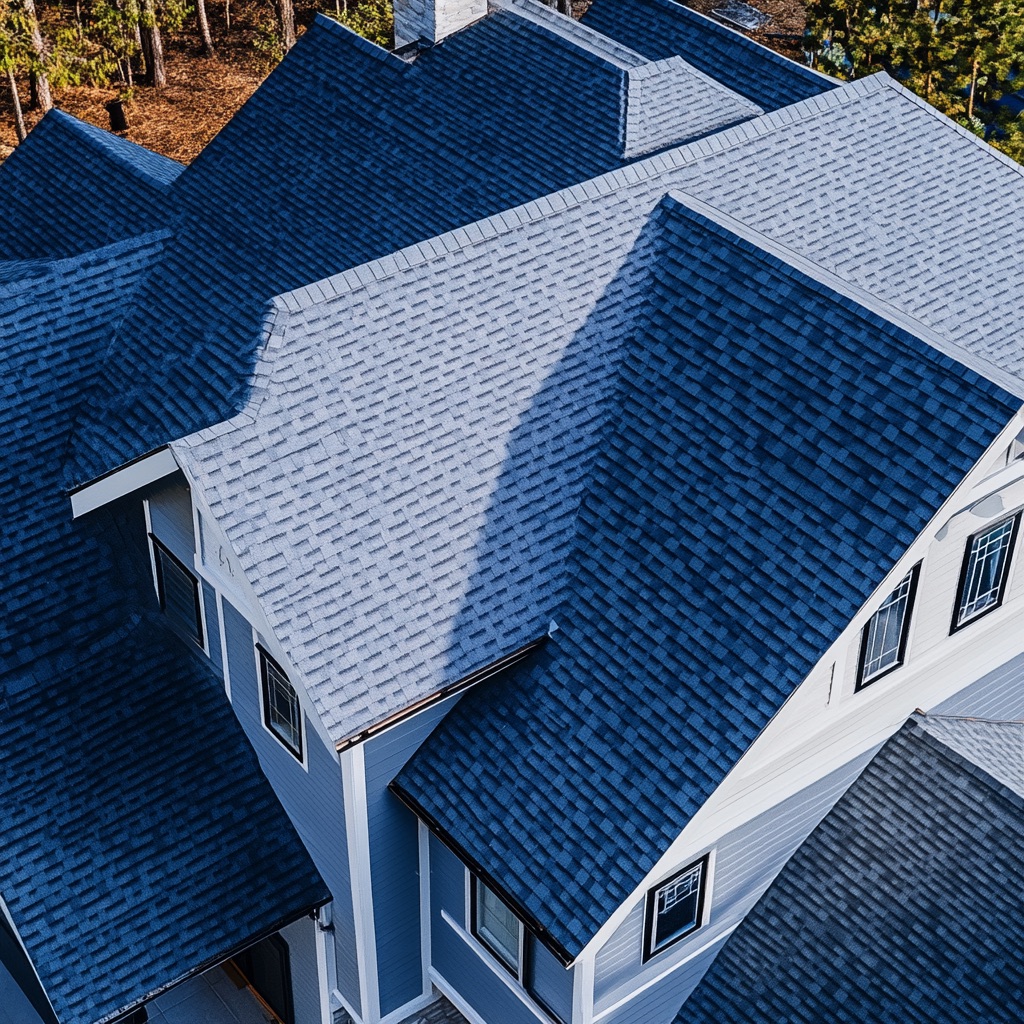Last updated on
When it comes to home security, most people feel confident in the locks they’ve installed, assuming that once the door clicks shut, they’re protected from potential intruders. Unfortunately, many of the beliefs surrounding locks and home security are rooted in outdated or misunderstood information.
As locksmiths, we hear a lot of the same misconceptions repeated over and over. So, to help set the record straight, we’re busting five of the most common myths about home locks—and what you can do to keep your home safe.
Myth #1: “All Locks Are Created Equal”

One of the biggest misconceptions homeowners have is that a lock is just a lock, and as long as you have one, you’re safe. The reality is that not all locks offer the same level of security.
Different locks are designed with different purposes in mind. Cheap or poorly designed locks can be easily picked, bumped, or broken with basic tools. High-quality deadbolts, for instance, provide significantly more security than basic knob locks. Additionally, locks come with different grades (Grade 1, Grade 2, and Grade 3), with Grade 1 offering the highest level of protection.
If you’re serious about protecting your home, invest in a quality deadbolt and have it professionally installed by a locksmith. This ensures that the lock will be installed correctly, maximizing its effectiveness.
Myth #2: “Locks Can’t Be Picked or Bumped”
This one is a particularly dangerous myth. Many people believe that modern locks are immune to lock-picking or bumping techniques. Unfortunately, that’s not the case.
Even today, many standard locks can be picked or bumped in a matter of seconds by someone with the right tools and knowledge. Lock bumping, for instance, is a technique where a specially designed key is used to “bump” the pins inside a lock, opening it without damaging the lock itself. Many standard locks are vulnerable to this technique.
However, there’s good news. Anti-bump and anti-pick locks are widely available and affordable. These locks are specifically designed to resist common bypass techniques, making them a worthwhile investment for homeowners looking to improve their security. If you’re concerned about the vulnerability of your current locks, it’s worth contacting a professional, like Ben’s Lock & Key, to upgrade to more secure options.
Myth #3: “Locksmiths Are Only for Emergencies”
When people think of locksmiths, they often imagine emergency situations—getting locked out of the house or needing help after losing their keys. While locksmiths are certainly available for those crises, their expertise extends far beyond emergency services.
Professional locksmiths can assist with a variety of preventative measures. For instance, they can perform security audits to assess your home’s current vulnerabilities. They can also recommend and install higher-security locks, smart locks, or even complete keyless entry systems. This proactive approach can prevent many emergencies before they happen.
Additionally, locksmiths can help with things like rekeying locks after moving into a new home, replacing damaged locks, and even providing advice on window or patio door security.
Myth #4: “Smart Locks Are Always Safer Than Traditional Locks”
Smart locks are all the rage these days, with many homeowners opting for keyless entry systems controlled by smartphones or passcodes. While these locks offer convenience, they aren’t always more secure than traditional locks. In fact, smart locks come with their own set of vulnerabilities.
For instance, smart locks connected to Wi-Fi or Bluetooth can be susceptible to hacking. If the system isn’t properly secured, a tech-savvy intruder could potentially gain access to your home remotely. Additionally, some smart locks rely on batteries, which could fail, leaving you locked out when they run out of power.
That being said, many smart locks do offer advanced security features, such as biometric verification, two-factor authentication, and built-in alarms. The key is to choose a smart lock that balances convenience with security and to ensure that it’s installed properly.
Myth #5: “Once a Lock Is Installed, It’s Good Forever”
Locks are sturdy, right? So, once you install one, you don’t need to worry about it ever again. Not quite.
Over time, wear and tear can weaken even the strongest locks. If you’ve had the same lock for years, it may no longer be as effective as it once was. In fact, many locks experience internal wear that makes them easier to pick or bump without you even realizing it.
Additionally, environmental factors like extreme weather, rust, or even dirt buildup can cause locks to malfunction. That’s why it’s important to regularly maintain your locks. A professional locksmith can inspect them periodically to ensure they’re still in good working order and provide maintenance if needed.
The Bottom Line
Your home’s security relies heavily on the quality and condition of your locks, and believing in outdated myths can leave you vulnerable. It’s essential to stay informed about the latest in lock technology and to regularly assess your home’s security.
By debunking these common myths, we hope you now feel more empowered to make the right choices for your home. Remember, a strong lock is your first line of defense—but it’s only effective if you choose the right one and keep it well-maintained.
Recap




